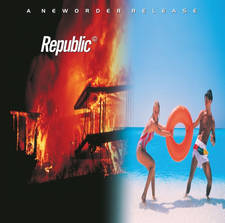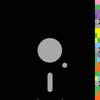On Air Now
The Indie Night with Sophie Sveinsson 7pm - 11pm
4 January 2024, 19:01
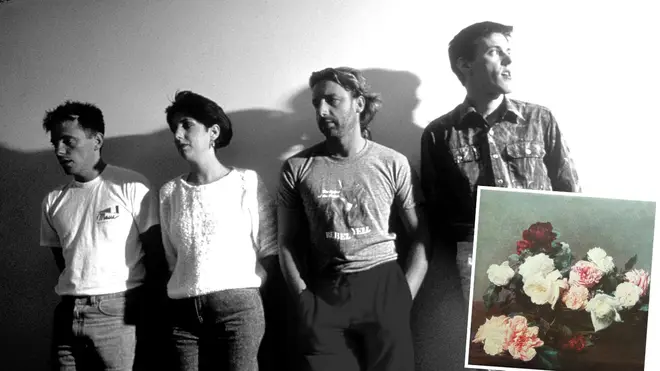
To mark frontman Bernard Sumner's birthday on 4th January, discover everything you wanted to know about New Order's greatest album...
Officially released on 2nd May 1983, New Order's second album Power Corruption & Lies saw the Manchester band finally emerge from the shadow of their previous incarnation, Joy Division.
Following the death of Joy Division singer Ian Curtis in 1980, the surviving members - guitarist Bernard Sumner, bassist Peter Hook and drummer Stephen Morris - recruited a new guitarist/keyboard player, Gillian Gilbert and began to experiment with electronic instruments and dance music.
Preceded by the mammoth hit single Blue Monday, Power Corruption & Lies has become one of the key albums of New Order's career - and one of the best albums of the 1980s. Radio X has unearthed some of the more intriguing stories about the LP...
The phrase "Power, corruption and lies" was spotted by bassist Peter Hook as part of the blurb on the back of a Penguin edition of George Orwell's Animal Farm. The copy read: "...Orwell tells the story of a revolution among animals of a farm, and how idealism was betrayed by power, corruption and lies."
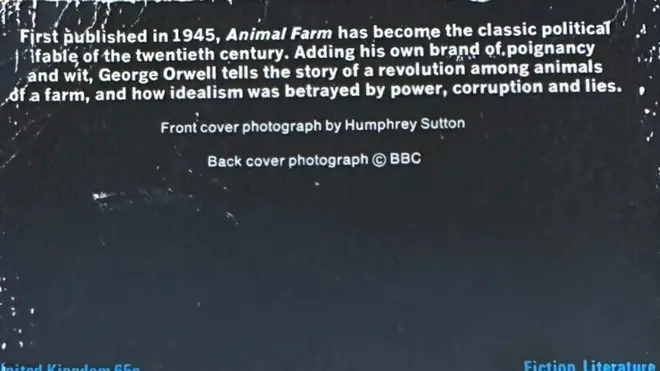
The sleeve of Power, Corruption & Lies features a photo of the 1890 painting "A Basket Of Roses" by the French artist Ignace-Henri-Théodore Fantin-Latour. The work hangs still in the National Gallery in London after being bequeathed to the collection in 1923.
Concerned about getting the relevant permissions to use the artwork on an album cover, Factory Records boss Tony Wilson called the gallery, as sleeve designer Peter Saville told The Guardian in 2011: "In the course of the conversation, he said, ‘Sir, whose painting is it?’ To which the answer was, ‘It belongs to the people of Britain.’ Tony’s response was, ‘I believe the people want it.’ And the director said, ‘If you put it like that, Mr Wilson, I’m sure we can make an exception in this case’."
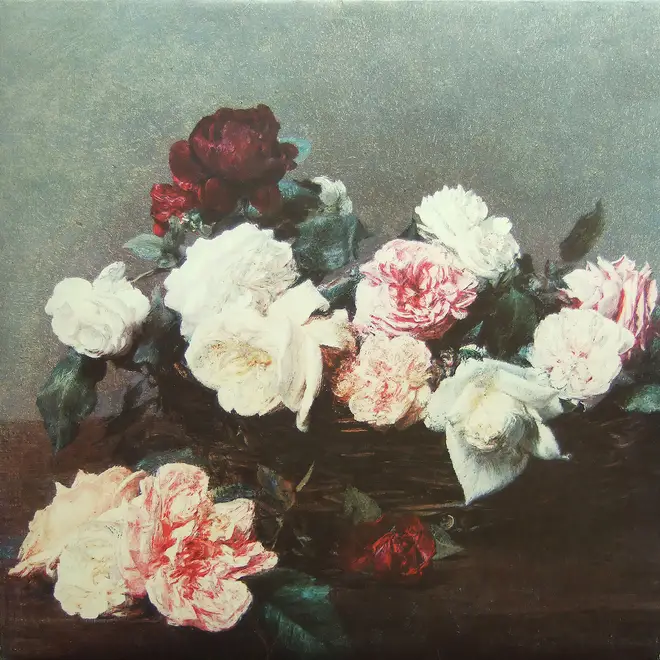
The colour code reveals the name of the album, which appears on the inner sleeve, plus the catalogue number ("FACT_75"). The code wheel on the back divides into the numbers 1-9 and the letters A-Z and also help "decode" the cover of the single Blue Monday, as Radio X has previously detailed here.
As designer Peter Saville revealed: “The colour alphabet came from the fact that I understood the floppy disk contained coded information and I wanted to impart the title in a coded form - therefore I converted the alphabet into a code using colours.”
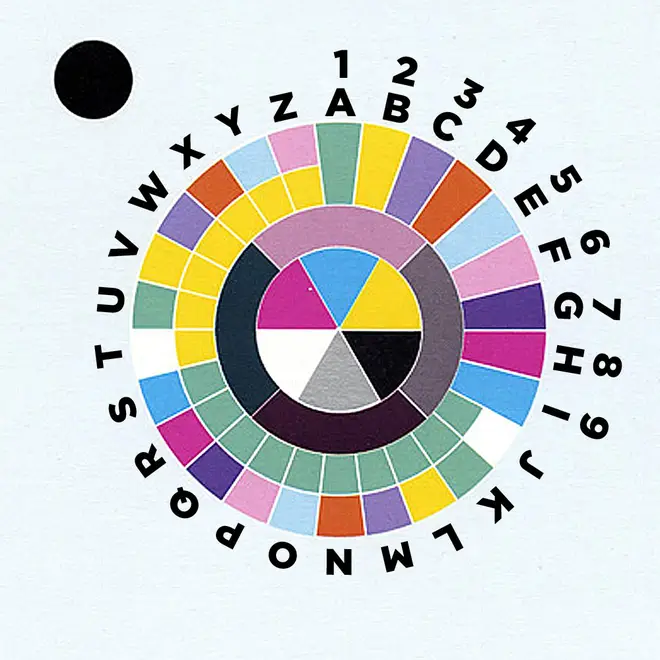
According to New Order biographer Mark Johnson in his book "An Ideal For Living", the first line of Blue Monday's lyric was intended to give the accompanying album its name, but it was quickly discarded when it was discovered British anarchist band Crass had issued a single the previous year, titled How Does It Feel (To Be The Mother Of A Thousand Dead)? The mother in question is Prime Minister Margaret Thatcher, and the song relates to the then-ongoing Falklands War.
WARNING: STRONG LANGUAGE!

Crass - How Does It Feel (With Lyrics)
All of New Order's album releases had a catalogue number divisible by 25 for some obscure reason, although it probably stems from Joy Division's second and final album Closer being tagged "FACT XXV" in 1980.
The numbering of New Order's albums went:
For those keeping count, the first Joy Division single was FAC-13, Transmission, which meant that every subsequent JD and New Order 7" or 12" ended with a 3 (eg Blue Monday was FAC-73).
Originally given the working title of "New Fast One", this track was named after the surreal locale of Patrick McGoohan's 1967 thriller The Prisoner. The line "Their love died three years ago," could even be a nod to the sad tale of Ian Curtis, whose broken relationship inspired the song Love Will Tear Us Apart... released three years before Power Corruption & Lies in 1980.
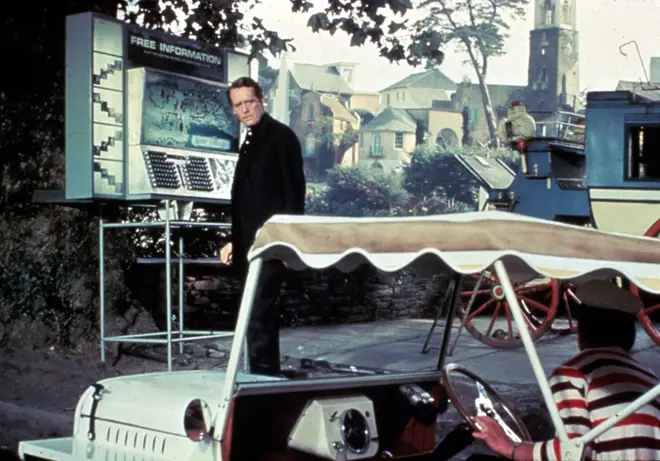
Keen-eyed vinyl collectors will notice an inscription "Where's Murder?" in the "dead wax" on side 2 of the album. This refers to another track recorded during the album sessions, which was missed off due to time restrictions. The instrumental Murder was issued the following year as a standalone 12" on the Factory Benelux label in Europe.

Murder (2020 Digital Master)
A great many New Order songs had working titles: Ultraviolence was originally named "Who Killed My Father", while both Ecstasy and Leave Me Alone masqueraded under the title "Only The Lonely" for a time. Most famously, Your Silent Face was "K.W.1.", ie "the Kraftwerk one" because it sounded like the German electronic outfit.
The final track on Side 1 of Power, Corruption & Lies started life as a track called "Prime 5-8-6", which was played at the opening of the Hacienda club in Manchester in May 1982. It was re-recorded in a shorter form a month later for a John Peel radio session and then reworked again for the album. According to Peter Hook, the title comes from the number of bars in each different section of another song on the album, Ecstasy.

5 8 6 (2015 Remaster)
In a Tim's Twitter Listening Party about Power, Corruption & Lies in 2023, drummer Steve Morris posted: "Hooky’s bass riff on Age Of Consent is fantastic. The drums are recycled from an old song - see if you can guess which one. Clue: it was one of ours." One follower correctly identified it as the 1980 Joy Division classic Love Will Tear Us Apart ("Hannett's version", acknowledged Morris, meaning the A-side of the single).

New Order - Age of Consent (2020 Remaster) [Official Music Video]
